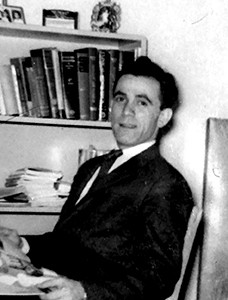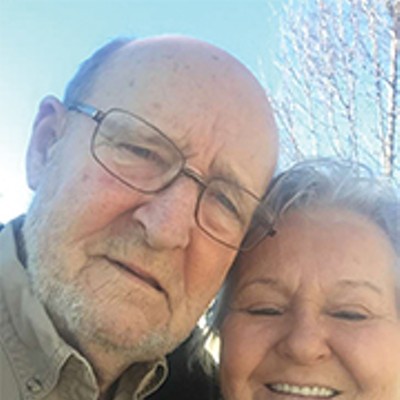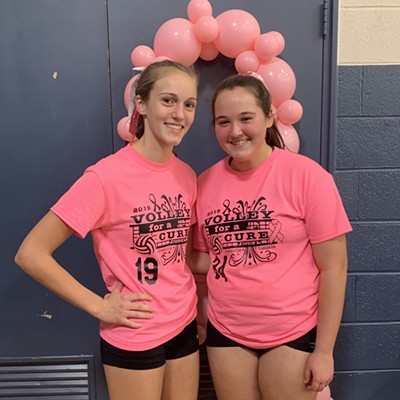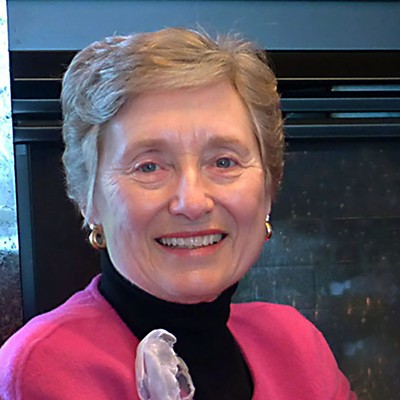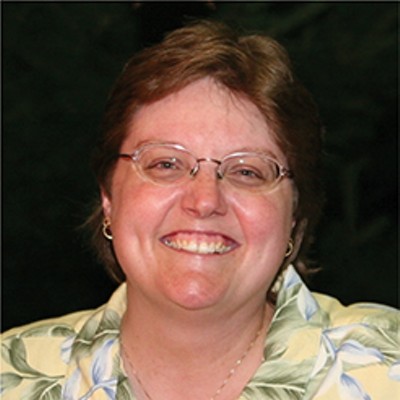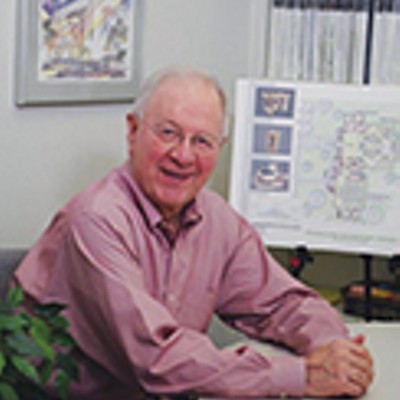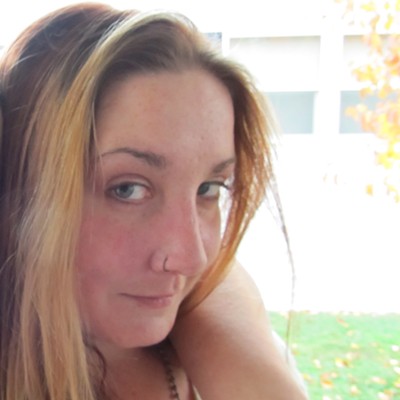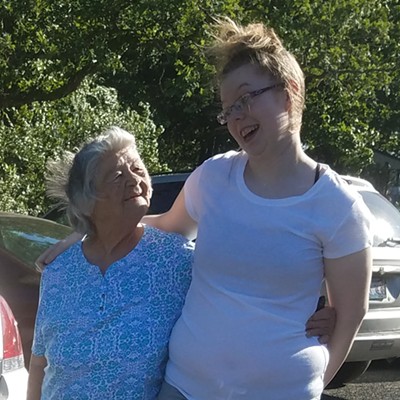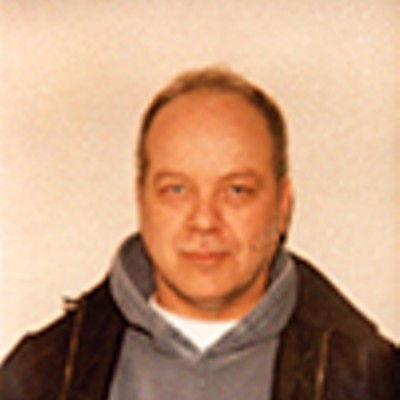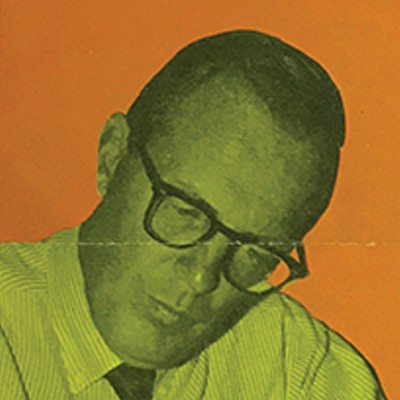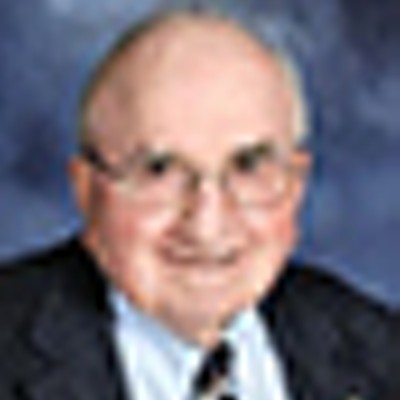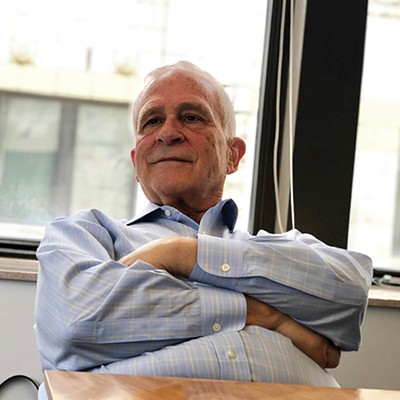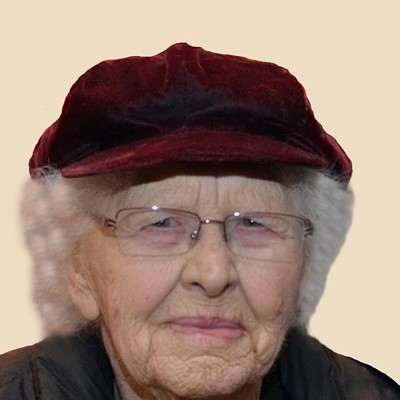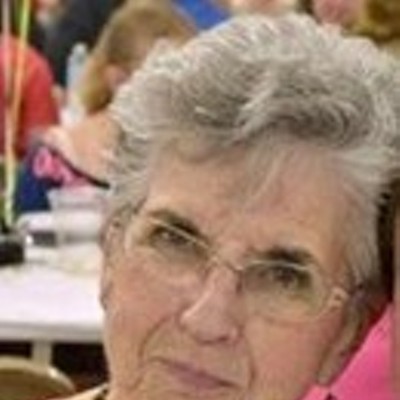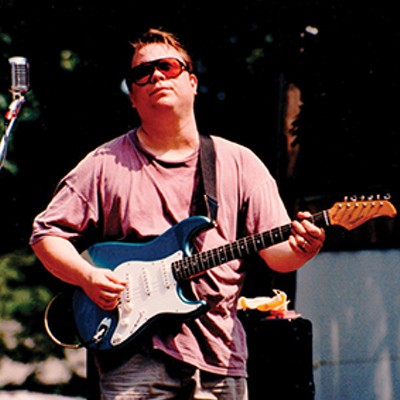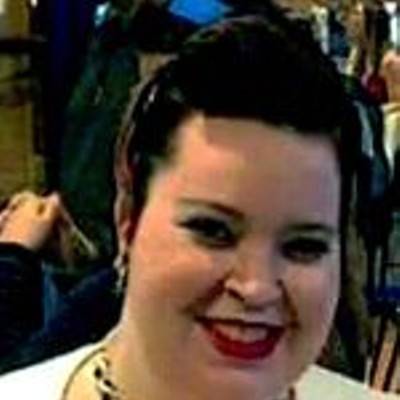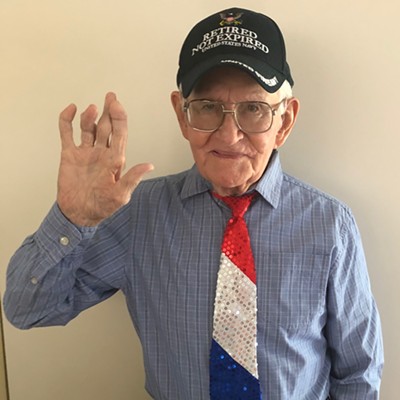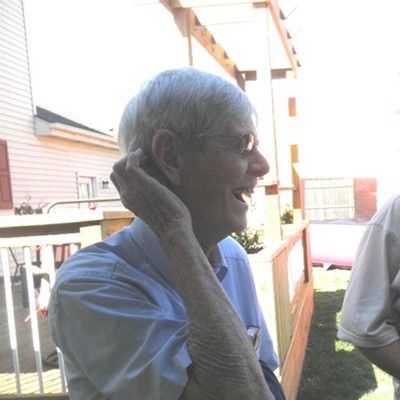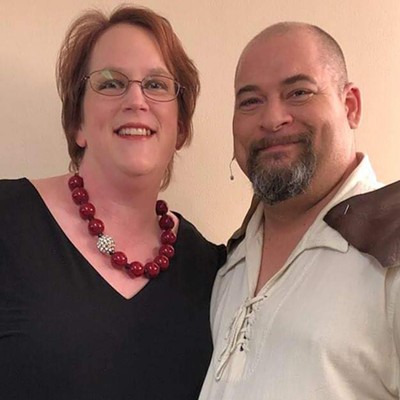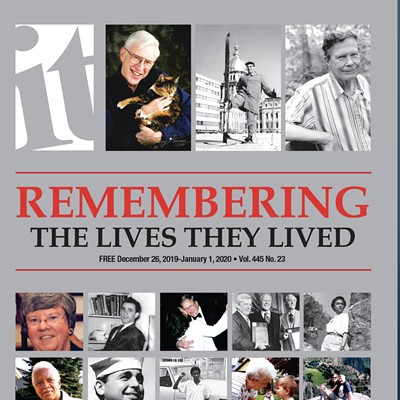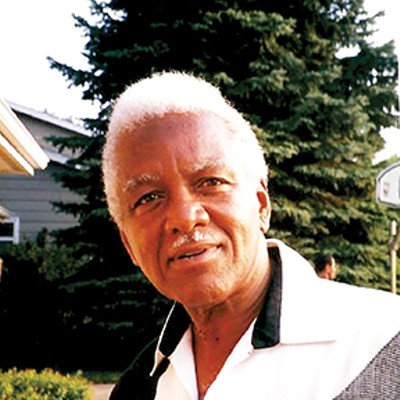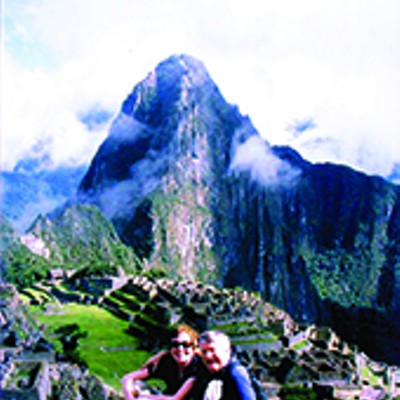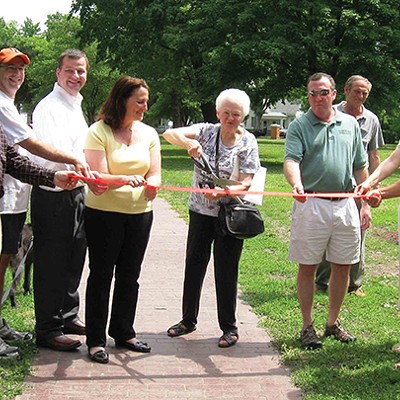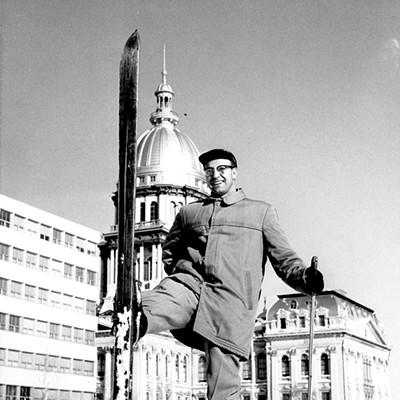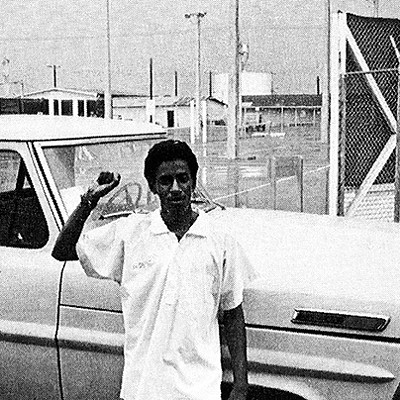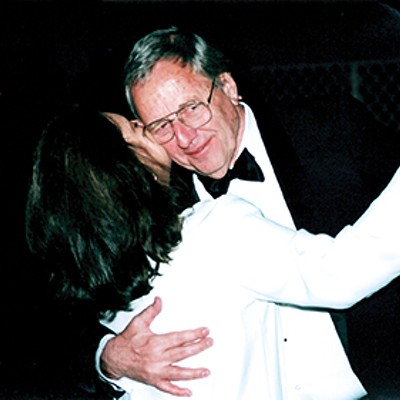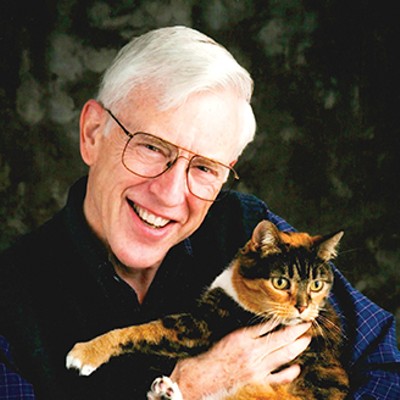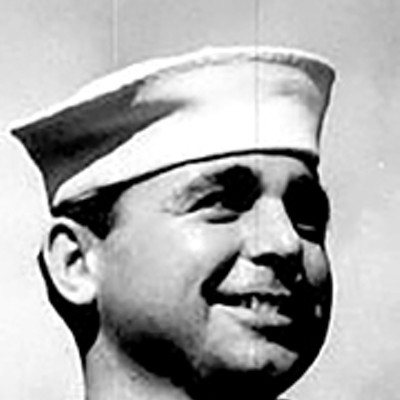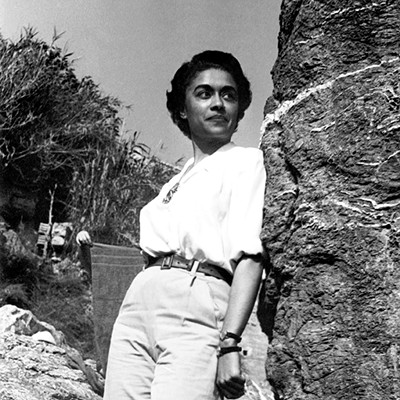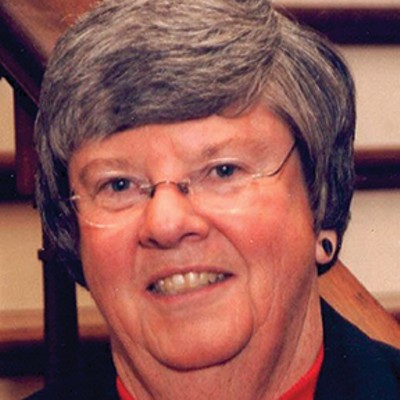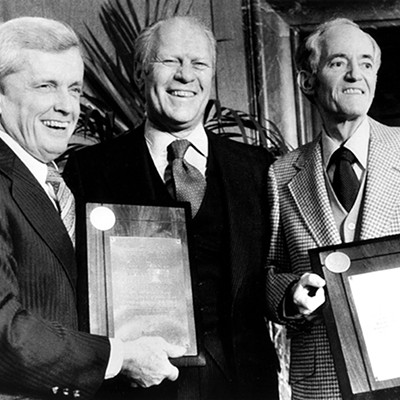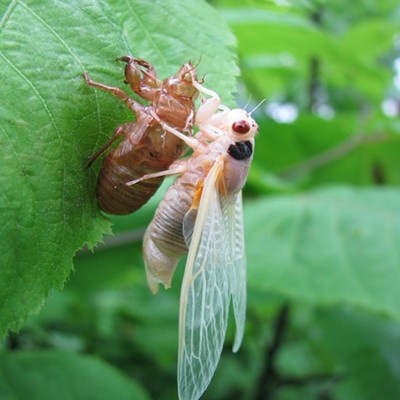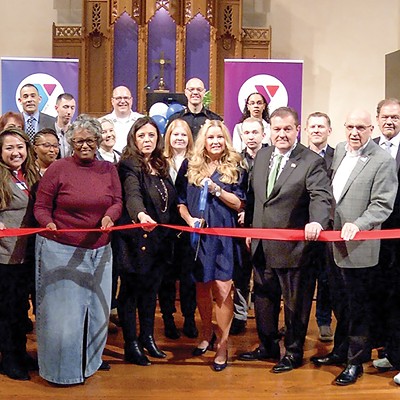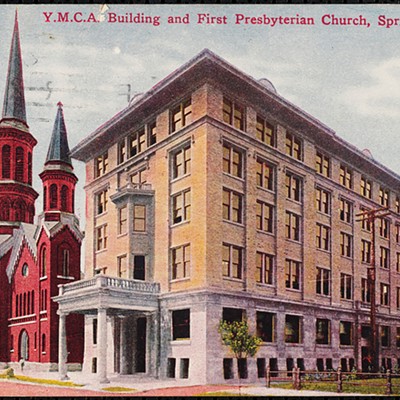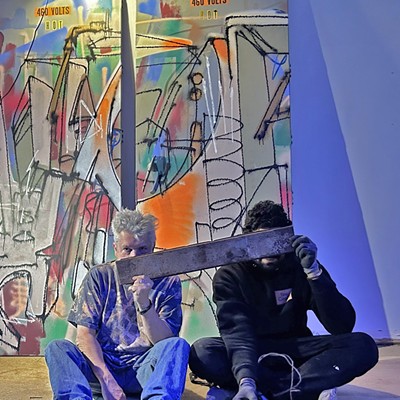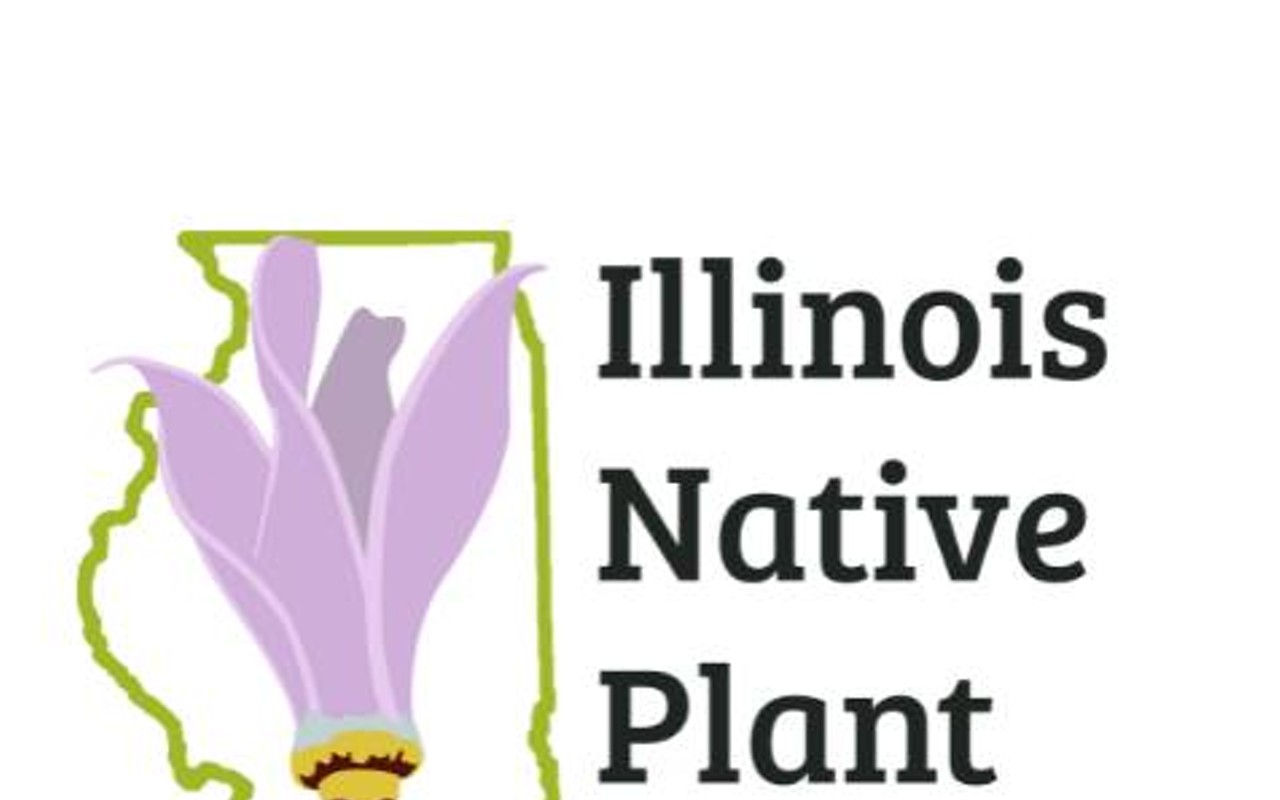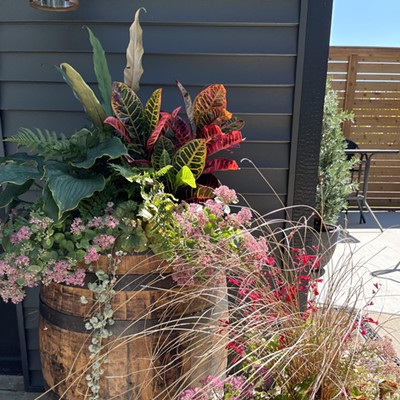"Towfig Arjmand always bore himself with dignity. He even bore i ndignities with dignity," says Rabbi Michael Datz of Temple B'Rith Sholom. A resident of Springfield for more than 50 years, Arjmand was born in Kermanshah in western Iran. He came to work at St. John's Hospital in 1966, which was the beginning of his long medical career in Springfield. He founded the hospital's first anesthesia practice and retired from St. John's Hospital in 1995. Arjmand served another 20 years as a part-time medical consultant with the State of Illinois. Throughout this time he was an active member of Springfield's Jewish community.
Arjmand's long and distinguished medical career included chair of the Department of Anesthesia at St. John's Hospital, Adjunct Professor of Anesthesiology at SIU School of Medicine and past president of the Sangamon County Medical Society. But, he will be equally remembered for the characteristics that defined him – kind, generous, courteous, compassionate and devoted to his family. His early life experiences shaped his thinking that extended throughout his life. He had deep empathy for new and struggling immigrants and compassion for the disenfranchised. "He respected individuals regardless of their rank and station in life," says Datz.
Kermanshah, Iran, has a strong Kurdish influence, and the vast majority of residents are Shiite Muslims. When Arjmand lived in Iran there was a small and well-established Jewish community. He attended a Jewish school established by a French organization to improve educational opportunities for Jews in the Middle East. It was unusual for Jews in Kermanshah to socialize outside of their community, but Arjmand's father, Aziz, was employed by the British Consulate in Kermanshah. This led to social interactions that other Jewish families would not typically have.
Arjmand came to realize there were limited opportunities for Jews to advance in Iran, and that his own opportunities had been influenced by his father's employment with the British government and his education in French-sponsored schools. "These experiences of discrimination at home strongly shaped his world view, and he was always highly aware of social injustice in all its forms," says his son, Ellis Arjmand.
Arjmand left Iran in 1957 for additional training in Chicago. He completed residency training in anesthesia at the University of Illinois Chicago. One of the first people he met upon arriving in Chicago was a young English nurse, Beryl Hobbs. Three years later they were married, and within five years they had four children – Susan, Ellis, Denise and Rochelle. Towfig and Beryl Arjmand were married for 59 years.
The Arjmands were among the first members of the Jewish community Rabbi Datz met when he first arrived in Springfield. They became close friends. Datz says that he also valued their kindness and generosity, strong sense of family and unstinting and dependable support for the Jewish community. "He had a great respect for education and a great curiosity and appetite for Jewish knowledge," says Datz. The Arjmands established the Aziz and Hanini Arjmand Adult Education Fund in memory of Towfig's parents.
Political strife in Iran had a significant impact on Arjmand. As a young man in medical school in Tehran in the 1950s, his father was forced to leave Iran when diplomatic relations with Great Britain were severed. This left Arjmand, the eldest son, to care for his mother and siblings. More than two decades later when he was long-settled in the U.S. as an American citizen, he helped his siblings, nieces and nephews immigrate to the U.S. This was prompted by the 1979 revolution in Iran. An old Jewish proverb says, "In a place where there is no man, strive to be one." "That was Towfig," says Datz.
Arjmand's children remember him as "the super glue that held a large extended family together; a physician of the old-fashioned kind, always wearing a tie and making bedtime rounds to visit his patients the night before a surgery; liberal-minded; a champion for the underdog; and, an exceptional role model."
Arjmand also enjoyed being a gentleman farmer, and over 23 years he planted more than 200 trees. Datz says that is evidence of the kind of man Arjmand was – someone who planted for the future. "Or, as a famous Jewish legend tells it," says Datz, "Those who came before me planted on my behalf; so, too, I plant on behalf of those who will follow me."
Karen Ackerman Witter has known the Arjmand family for many years. Her brother, Randall Ackerman, met Ellis Arjmand in the fall of 1973 when they had alphabetical seating assignments in their sixth-grade classroom. This led to a special relationship among the Ackerman and Arjmand families that has lasted many decades. Ironically, Raymond Ackerman (Karen and Randall's father) and Towfig Arjmand both passed away in 2019.

